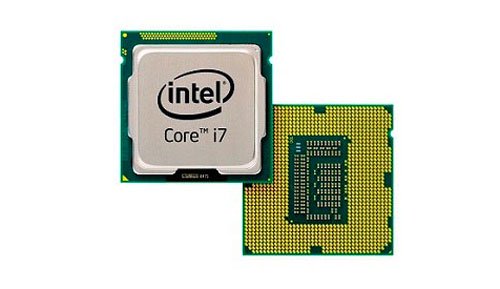Future Macs won't use Intel chips?
A recent source in Bloomberg Businessweek said Apple is intending to remove Intel chips and use other processor chips for future Mac products.
Although information about Apple wanting to " quit playing " Intel is no longer new, but the latest source is said to be revealed in an interview with Tim Cook (Apple's CEO) showing the level of trust. The information is quite high. Of course, taking a break from Intel will not happen soon.

Apple began using Intel chips for Mac in 2005 to replace the PowerPC chip (produced by IBM). Although the chip supplier for Macs, Intel's chip is not an option of "Apples" for mobile devices such as iPhone and iPad. Intel is currently pushing the design and production of Atom chips for mobile devices, however, some test results show that A6 CPU of iPhone 5 (designed by Apple) proved to be superior in performance. compared to Intel's Atom.
AMD may be an alternative to Intel's Apple. However, there is also information that " Apple " will use its own ARM processor to use on the MacBook, especially for the thin and light MacBook Air.
The recent interview with Tim Cook also revealed previous information that Steve Jobs had considered "playing " Google search in iOS, however, Apple still retains this search engine because they fear users will be very angry.